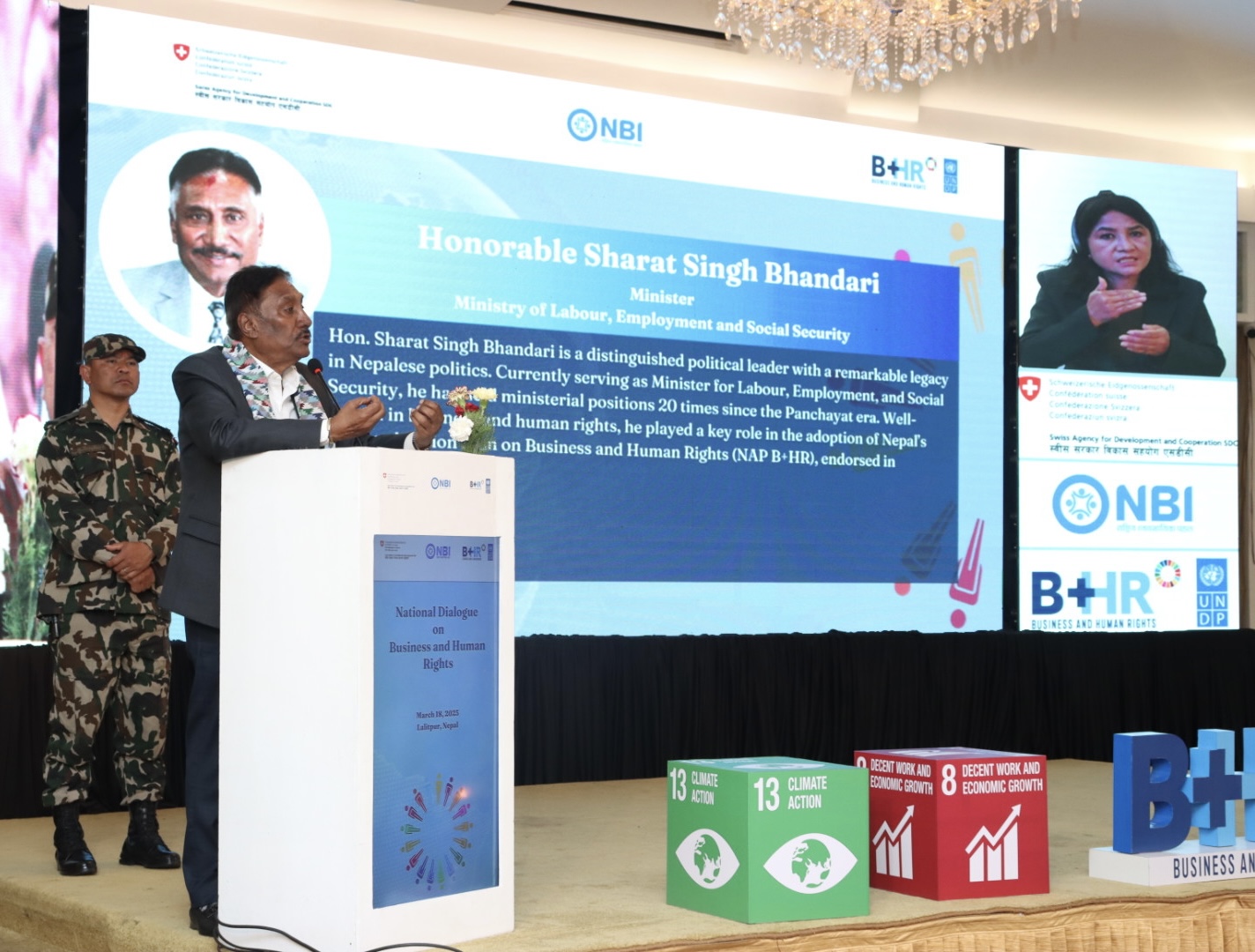Human Development Index has historically failed to prioritize important aspects such as political, socio-economic and cultural freedom, self-respect, human rights etc
The concept of human development emerged in the 1970s out of the need to redefine the conventional notion of development which focused only on economic growth. This new idea appeared in the development thinking to disapprove the development model which only stresses on constructing big infrastructures and accelerating the economic growth. As a matter of fact, human development emphasizes on expanding choices for human beings by enhancing their capabilities beyond the economic dimension. Improving the lives of people by creating equitable opportunities lies at its heart.
Coined by Mahbub Ul-Haq, Pakistani economist and international development theorist, the term human development emphasizes the importance of people’s freedom in making decisions affecting their lives. Haq advocated creating an enabling environment for people to enjoy long, healthy and creative lives. In a bid to further expand the notion of human development, Amartya Sen, a world renowned philosopher-economist, provided a broad framework for analyzing human well-being popularly known as the capability approach. The central argument of this approach is that people’s real and actual opportunities to undertake the pursuits they desire determine the outcome of development.
How do we measure human development?

Since 1990, UNDP’s Human Development Index (HDI) has been a popular and dominant model of assessing development status of countries in the world. Measuring human development under three dimensions—life expectancy at birth (health), mean years of schooling for adult aged 25 yrs and above and expected years of schooling for children of school going age (education) and gross national income per capita (income), HDI provides a summary measurement of basic achievement levels in fundamental dimensions of human development. What is interesting to note is that even countries with high GDP growth rate lag behind in HDI. In the same way, countries that do not fare well in economic terms have done well in HDI ranking. For instance, Norway stands at the top of HDI ranking but its GDP growth rate is behind countries like USA, Canada and UK.
In recent times, however, HDI has become a matter of debate. The simplistic approach taken by this index to gauge the well-being of people has invited serious attention of development thinkers and policy analysts. In fact, HDI fails to accommodate the quality of life factors such as empowerment and security. While additional composite indices to evaluate other life aspects like the Gender Inequality Index, Inequality-adjusted HDI and Multidimensional Poverty Index have been constructed, these measurements have also failed to actually evaluate the core dimensions of human development.
So what’s wrong with HDI? First, the assumption that a healthy individual with better education and decent income will automatically be progressive needs rethinking. Even individuals with a decent health can’t march ahead if they don’t have the eagerness to work. Similarly, what will be the significance of formal education if individuals can’t translate it into innovation and other gainful employment opportunities? Likewise, wealthy individuals also may not be happy and live a fulfilling life all the time. Since accumulation of wealth involves various multiple ways often encouraging fraudulent behavior including corruption, the gross national income per capita can’t be considered as a true indicator of human development.
HDI has historically failed to prioritize important aspects of human life such as political, socio-economic and cultural freedom, self-respect, human rights, equitable access to productive resources and a discrimination free society based on ethnicity, religion, caste, class and gender.
Accuracy and measurement of the underlying data is often difficult to ascertain due to the HDI’s focus on computing average. For instance, average income could be high in a country, but it might be in the hands of the privileged few. In addition, the implicit trade-offs between HDI components is also misleading. HDI gauges health using life expectancy at birth and economic conditions with GDP per capita. In this case, the same HDI score with different combinations of the two can be achieved.
In light of the above, HDI does not provide the complete picture of Nepal’s development. Thus a unique approach, that incorporates vital elements of life in Nepali context, needs to be devised for identifying the priorities of our own development. That is to say, a comprehensive index to assess the multiple dimensions of human welfare needs to be devised. This requires a careful consideration of the socio-cultural, economic and political dimensions of human life, principles of social inclusion and justice to project the trajectory of human prosperity.
There is the need of creating wider discourse on reframing the existing models of development including the human development. Even the qualitative side of human personality—how individual feels about their life, the level of satisfaction and the sense of self-worth—needs to be included in the notion of development to ensure that the human development index is compatible with the real life experiences of people.
The author is Assistant Professor of Central Department of Statistics, TU








































